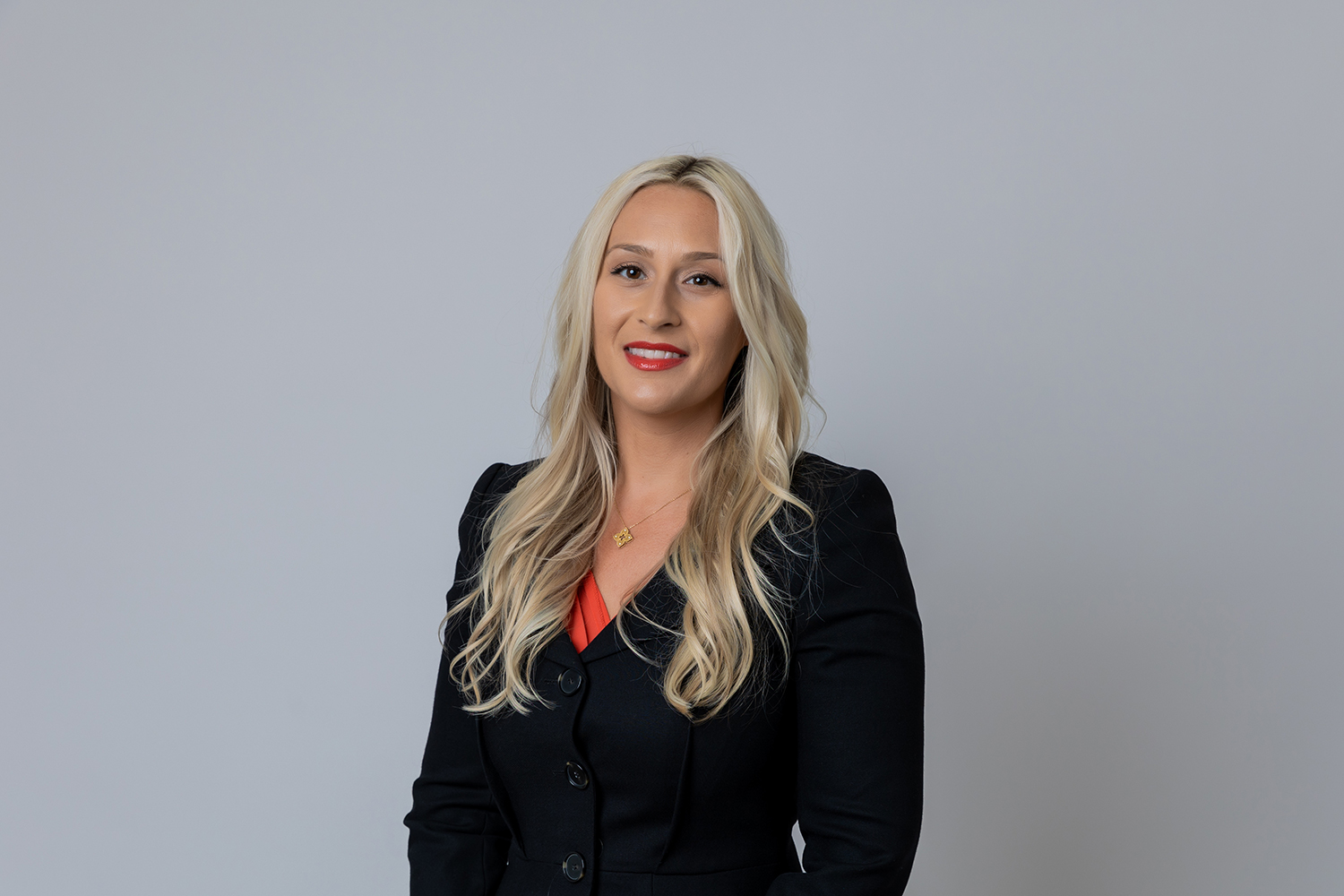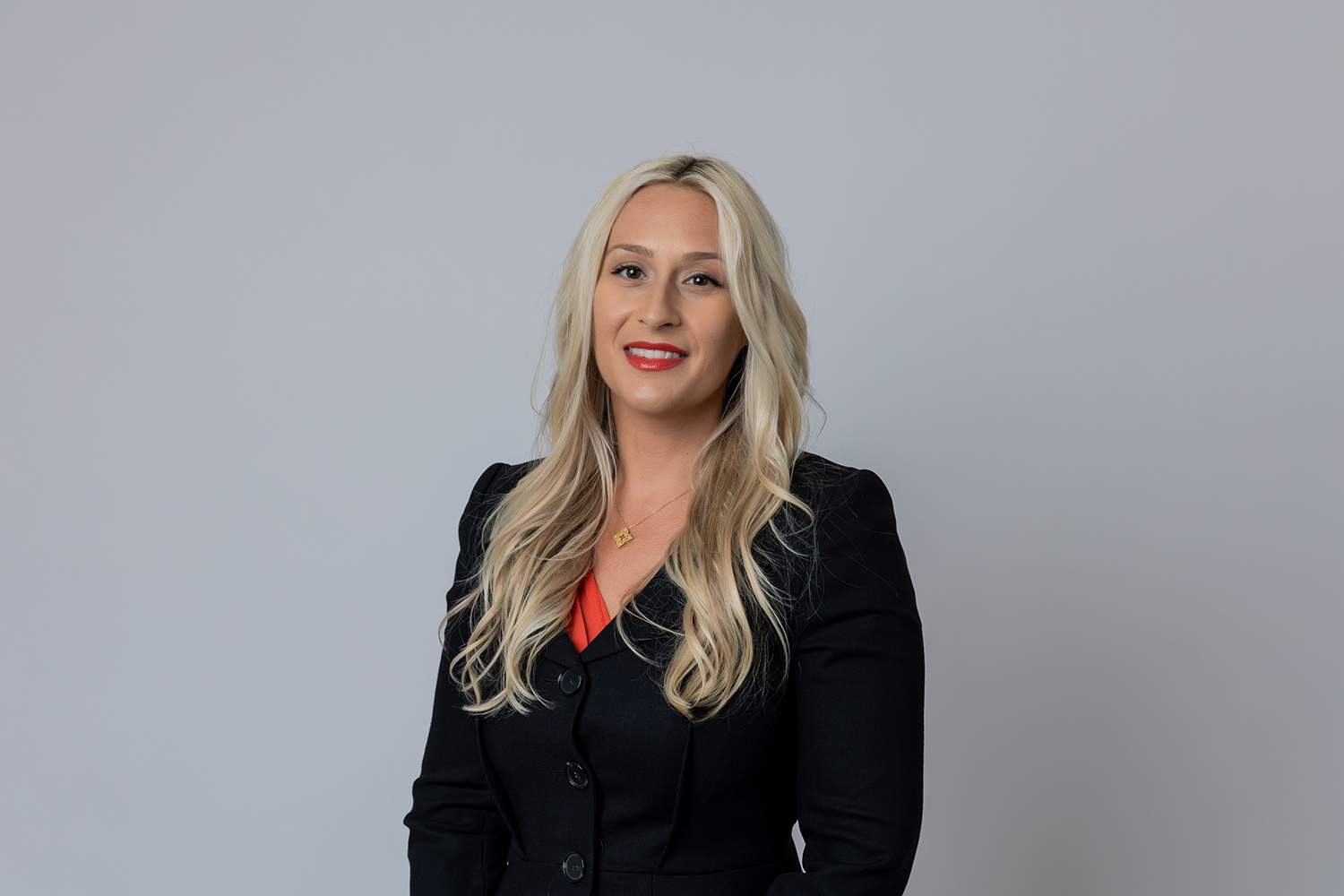
Sophie Peat
Partner | Legal
Cayman Islands

Sophie Peat
Partner
Cayman Islands

During the Obama administration, an increased number of foreign brands started to seek to register their trade marks in Cuba. So did a high number of trade mark squatters.
Whilst the political situation has since changed, Cuba remains an important jurisdiction for foreign brand owners wishing to secure protection for possible future use. Cuba is also a Madrid Protocol member, while the Dominican Republic and Puerto Rico are not. With Puerto Rico being a US territory, it has a trade marks registration regime that closely follows that of the US federal system. Filings can be made on the basis of use or intent to use and proof of use must be provided during the prosecution process and on renewal. Learn more in our guide.
| Type of filings | Both National and Madrid based applications are accepted |
| Priority |
Paris Convention Priority can be claimed. Cuba is a party to the Paris Convention. |
| Single or multi-class | Both single and multi-class applications are accepted. |
| Classification | Nice Classification |
| Protection of goods and services | Both goods and services may be protected. |
| Term of initial registration | 10 years from the filing date, which is also deemed to be the effective date of registration. |
| Renewals |
|
| Typical documentary requirements and formalities for key filings |
|
| Observations |
Cuba is party to several international trade mark agreements, including, but not limited to, the Nice Agreement, the Paris Convention, the General Inter-American Convention for Trademark and Commercial Protection, the Agreement on Trade-Related Aspects of Intellectual Property Rights (TRIPS), and the Madrid Agreement and Protocol, some of which proved to be powerful tools when a flurry of bad faith applications were filed in 2014 and 2015 by opportunists during a period of relaxed sanctions between the US and Cuba. There are two stages to the Cuban examination process: formal examination (which includes specification review) and substantive examination on absolute and relative grounds. The opposition period commences on publication, which occurs in between the formal and substantive examinations. Therefore, any oppositions will be considered by the examiner during substantive examination. The overall registration process typically takes 2 to 3 years. Office actions are commonly issued where the specification is not sufficiently clear and precise, the mark is considered to lack distinctiveness, and/or there is a likelihood of confusion with earlier applications/registrations (the OCPI takes a stringent approach). Letters of consent and co-existence agreements may be submitted to try and overcome citations in respect of earlier identical/similar marks. However, chances of success depend on whether the examiner considers that the public may still be confused despite the agreement. |
| Type of filings | National |
| Priority | Paris Convention Priority can be claimed. The Dominican Republic is a party to the Paris Convention. |
| single or multi-class | Both single and multi-class applications are accepted. |
| Classification | Nice Classification |
| Protection of goods and services | Both goods and services may be protected. |
| Term of initial registration | 10 years from the registration date . |
| Renewals |
|
| Typical documentary requirements and formalities for key filings |
|
| Observations |
The National Office of Industrial Property (ONAPI) uses TM Class and accepts goods and services in the Harmonised list of the EUIPO’s TM Class Database: http://euipo.europa.eu/ec2. Office actions are seldom issued based on specification queries. Office actions are normally issued where there is a likelihood of confusion with earlier trade mark applications/registrations/company names and/or the mark is considered to lack distinctiveness. Letters of consent and co-existence agreements are generally accepted at the discretion of the examiner to overcome citations. New applications are typically processed within a year in straight forward cases. |
| Type of filings | National. However, limited protection in Puerto Rico can also be obtained through a US federal trade mark registration. |
| Priority | Paris Convention Priority cannot be claimed. |
| Single or multi-class | Single class only. |
| Classification | Nice Classification |
| Protection of goods and services | Both goods and services may be protected . |
| Term of initial registration | 10 years from the filing date, which is also deemed to be the effective date of registration . |
| Renewals |
|
| Typical documentary requirements and formalities for key filings |
|
| Observations |
It can take up to 2 years for trade mark applications to be processed in straight forward cases. Office actions are common in respect of new filings and typically concern:
|
Sign up to receive updates and newsletters from us.
Sign up